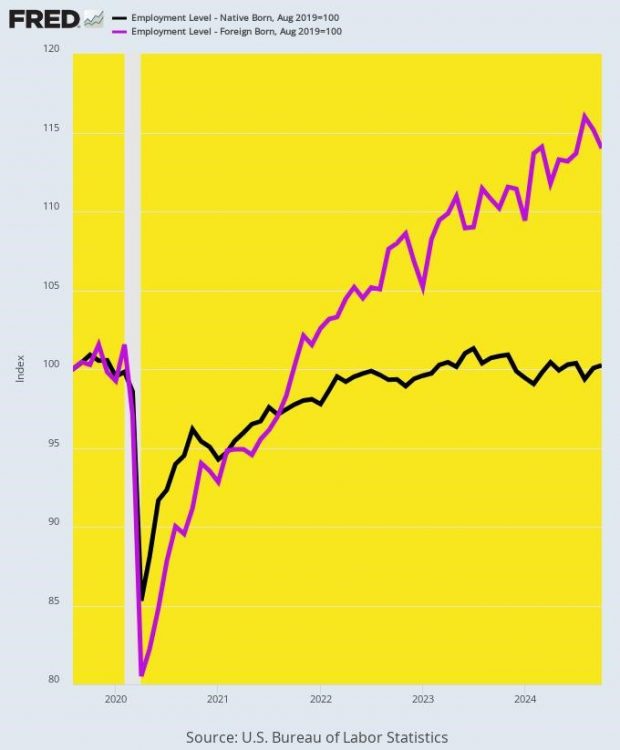Donald Trump’s candidacy for the upcoming election raises significant questions regarding his qualifications and appeal as a candidate. Critics argue that he embodies a self-serving narcissism that is detrimental to genuine leadership and lacks a coherent plan to address pressing national and international issues. His posturing as a champion of traditional American values, such as patriotism and family, is seen as hollow and dismissive of the complexities of governance. Political analysts suggest that instead of providing substantive policy proposals, Trump relies on amplifying the fears and frustrations of voters through inflammatory rhetoric, creating a façade of engagement without offering real solutions.
One of the most controversial aspects of Trump’s campaign has been his proposed trade policies, particularly concerning Mexico. He suggested imposing steep tariffs on Mexican goods unless the country succeeds in stopping migration across the border. Critics highlight the potential negative impact these tariffs would have on American consumers and the overall economy, while also questioning the logic of using economic pressure as a means of addressing immigration issues. With trillions of dollars in trade at stake and significant interdependence between the U.S. and Mexico, this approach appears reckless and counterproductive, potentially harming the very constituents he claims to support.
The root causes of immigration issues are frequently misdiagnosed. Trump’s narrative blames foreign governments and individuals for the challenges at the border, while experts argue that the U.S. economy’s demand for labor plays a crucial role. With a stagnating native-born workforce and historically low birth rates, the U.S. has become increasingly dependent on migrant workers to fill essential jobs across various sectors. Consequently, many individuals seeking work in the U.S. resort to illegal crossings, not because of external forces, but rather due to the restrictive nature of the current immigration system, which limits legal pathways for low-skilled workers.
The dysfunctional state of U.S. immigration policy is a consequence of inadequate quotas for low-skilled labor, leaving numerous job openings unfilled each year. The limited number of visas available drives desperate workers to cross illegally, further complicating the situation at the southern border. This chaotic system generates significant security risks, as individuals who might otherwise undergo thorough background checks enter the U.S. without proper vetting. Critics argue that a more sensible immigration framework could alleviate many of these issues, but Trump’s approach seems to neglect constructive dialogue and instead focuses on stoking fear and division.
The broader implications of Trump’s rising appeal in the current political climate are notable, particularly given the economic landscape shaped by his earlier policies and the pandemic’s fallout. The drastic measures taken during the lockdowns and the consequent financial stimulus initiatives contributed to the inflationary pressures currently affecting the economy. While some might view Trump’s rise as a reaction to these economic challenges, it is essential to recognize that the issues he faces and the policies he champions are deeply intertwined with the very circumstances that propelled him to prominence in the first place.
Despite the controversies and criticisms surrounding his candidacy, Trump’s potential for a second term highlights an ironic twist in American politics. His role in the electoral landscape may not be one of effective governance but rather serves as a catalyst for exposing and challenging entrenched political structures, particularly the perceived failures of the bipartisan system. While his leadership style and approach remain contentious, the impact of his candidacy on the political discourse may lead to a reevaluation of the existing norms and priorities within American democracy.

